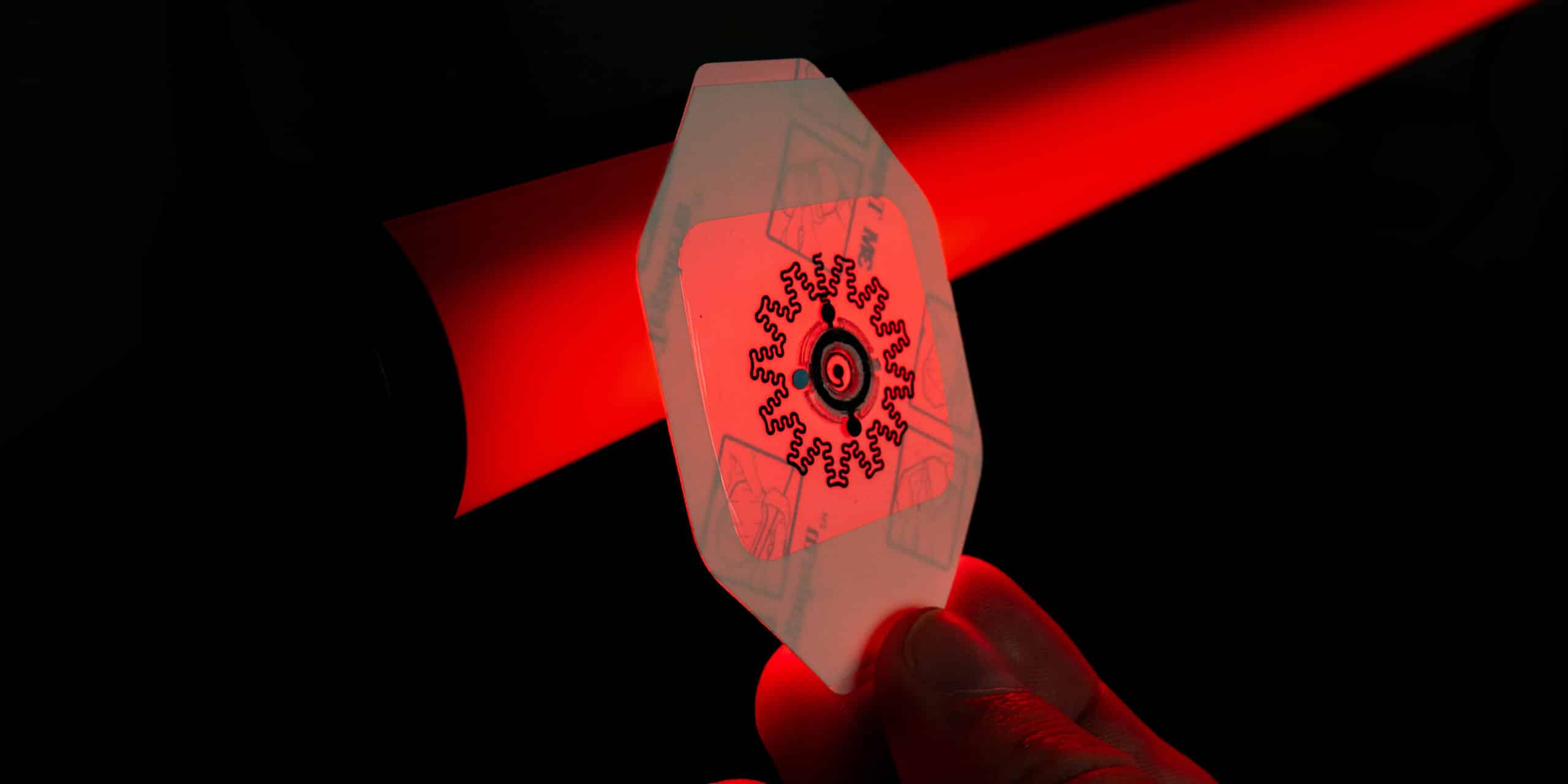Energy eXploration Laboratory (Energy-X) in collaboration with its industry partner, Carrier Global Corporation, and Oak Ridge National Laboratory (ORNL), was awarded a $1.4 million DOE grant for next-gen. heat pump systems.

Under this grant, the Energy-X lab led by Sajjad Bigham, Associate Professor in Mechanical and Aerospace Engineering at NC State University, will closely work with its industry partner and ORNL to develop a novel variable-capacity evaporator technology for improving heat pump performance, saving energy and reducing payback time.
In this project, the team will design, develop, and study next-generation evaporator technologies inspired by human lungs. This allows future evaporators operating with low global warming potential zeotropic refrigerants to properly respond to part load and off-design conditions to perform best in a heat pump system. A zeotropic refrigerant is a type of refrigerant blend composed of two or more components with different boiling points. This results in varying vapor and liquid phase compositions at equilibrium. As the zeotropic refrigerant undergoes phase changes, such as evaporation or condensation, its temperature changes due to the different boiling points of its components. This oftentimes makes the design of the evaporator technology more challenging.
The project is supported by the Building Technology Office (BTO) of the Department of Energy (DOE) under BENEFIT (Buildings Energy Efficiency Frontiers & Innovation Technologies) program. The BENEFIT program helps advance cost-effective solutions to successfully electrify buildings across the nation while also improving their energy efficiency and demand flexibility. “Exploring new ways to build and operate America’s buildings is key to cutting harmful emissions and combatting the climate crisis,” said U.S. Secretary of Energy Jennifer M. Granholm. “With this funding, the Department is providing critical new resources to teams from across the nation to transform game-changing ideas into innovative solutions, creating safer and healthier homes and buildings while cutting energy costs.”
Residential and commercial buildings are the largest energy-consuming sector of the U.S. economy, responsible for approximately 40% of the nation’s energy consumption, 74% of its electricity use, and 35% of its total carbon emissions. Estimates indicate roughly one-third, or more, of the energy used by buildings is wasted at a cost of $150 billion annually. Utilizing current technologies and developing new innovations are essential to ensuring buildings across America can quickly and more effectively improve their energy efficiency and decarbonize their on-site processes while advancing environmental and energy justice priorities.
This post was originally published in the Department of Mechanical and Aerospace Engineering.
- Categories:



